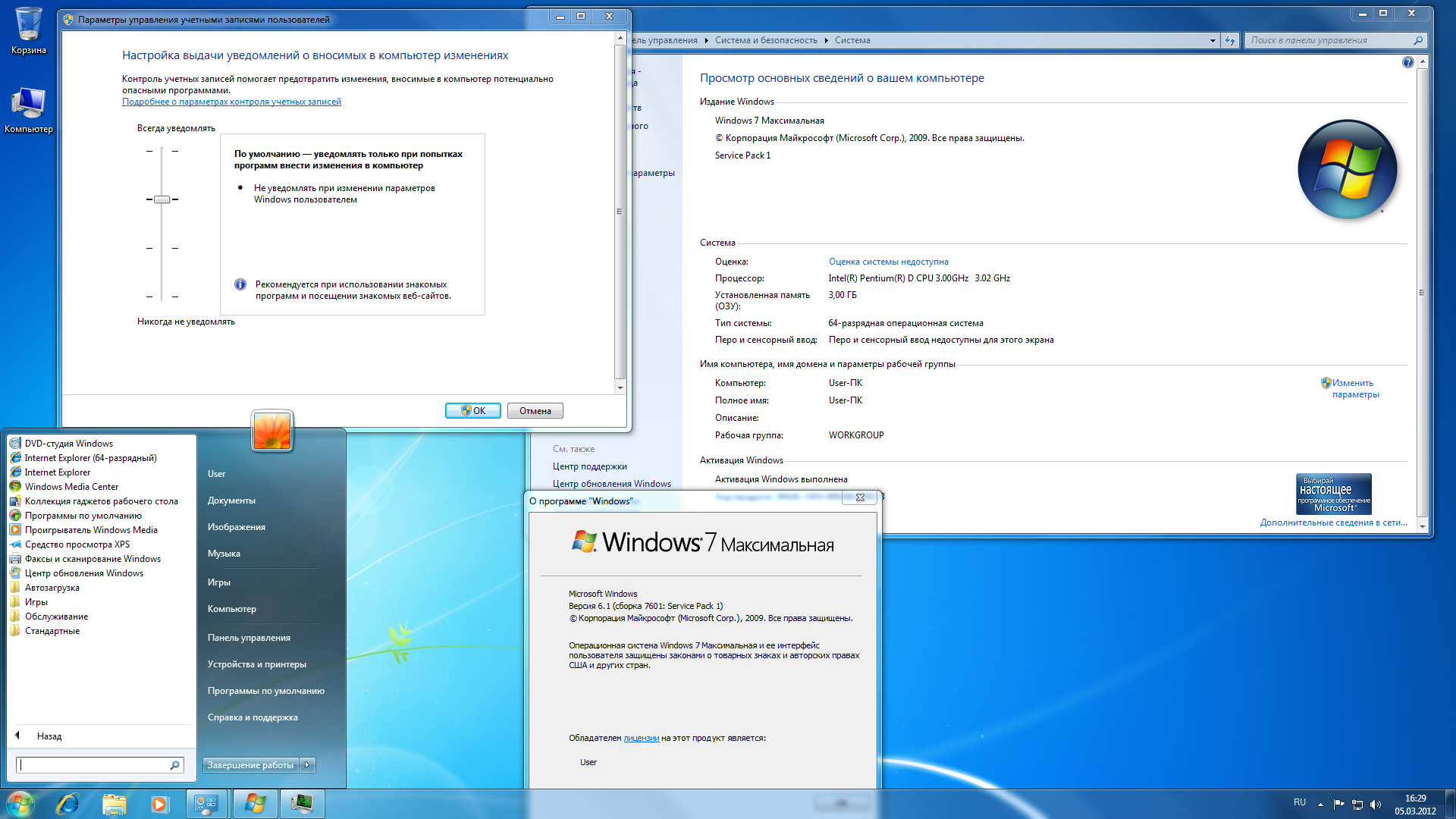As a current student on this bumpy collegiate pathway, I stumbled upon Course Hero, where I can find study resources for nearly all my courses, get online help from tutors 24/7, and even share my old projects, papers, and lecture notes with other students. 7) Hi, my name is Adeline. My family members are responsible for different chores. We live in a big house together so we share many chores. I always make my own bed. Also, I like helping my mother with cooking and setting the table. My father is responsible for washing the car and going shopping. My brother, Frank feeds the dog every day.
A while back I was chatting with a few colleagues about the business of wine criticism. I suggested that certain critics seem to have preferences that come across in their assessments. I picked out one in particular and suggested, rather bravely, that I didn’t think their ratings of certain wines were very reliable, and that they were out of step with the new generation of sommeliers and writers. (It’s possible that I may have used stronger language than this.) “But that’s just your opinion,” replied a fellow writer. I was surprised. A discussion followed. Her view, with which I strongly disagree, is that we all have our own opinions on a wine, and if individuals think a wine is great, then to them it is.
This isn’t an unusual view. And it sounds wonderfully democratic. According to this posture, everyone’s opinion is of equal value. If you think a wine is great, then, to you, it is.
It’s common to hear wine personalities who, when speaking to consumers, feel obliged to echo this sentiment: Like what you like, and don’t let other people tell you your taste is wrong! To argue against this seems terribly elitist and snobby.

At its core, wine criticism is a demonstration of expertise and aesthetic systems. This is a realm where not all opinions are equally valid, and where it is possible to be wrong. Despite what wine experts say when they are trying to sound cool and egalitarian, it’s clear from their actions that they don’t actually believe that all opinions are of equal validity and that wine quality is simply personal. They sell their books, articles, and tasting notes.
They deliver professional opinions that they think are more than just autobiographical. If all we wine critics do is tell people personal opinions that are only valid for us, why would we expect them to be of any real interest to others? And why would we expect people to pay for them? To behave this way wine experts must believe that, to a degree, their verdicts are normative. In other words, if as a wine critic I share my opinion, I believe that many people with a normally functioning sense of taste would share a similar view. 

This is in part a philosophical discussion about the subjectivity and objectivity of perception. We all undeniably bring a lot of ourselves to every wine tasting. We have personal experiences and contexts that shape our perceptions. And we all have different biology. Some people are more sensitive to bitterness, others are unable to smell specific aromas.
We all differ in our sensitivities to smells and strong-tasting foods. For these reasons, it’s tempting to conclude that we all live in private worlds when it comes to taste, each with our own preferences. This would mean wine tasting is a wholly subjective experience. But can we rescue objectivity? For a universal decree of what constitutes good wine to exist, objectivity must come into play. First of all, when we taste wine, we are looking for something.